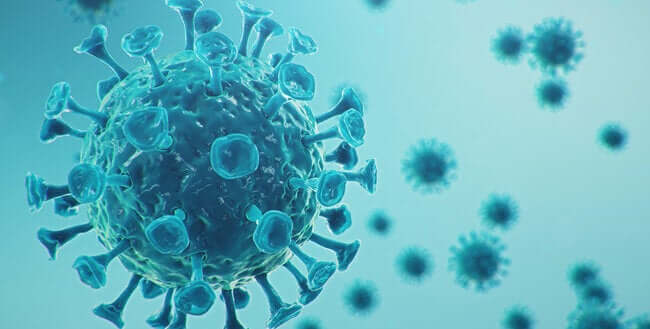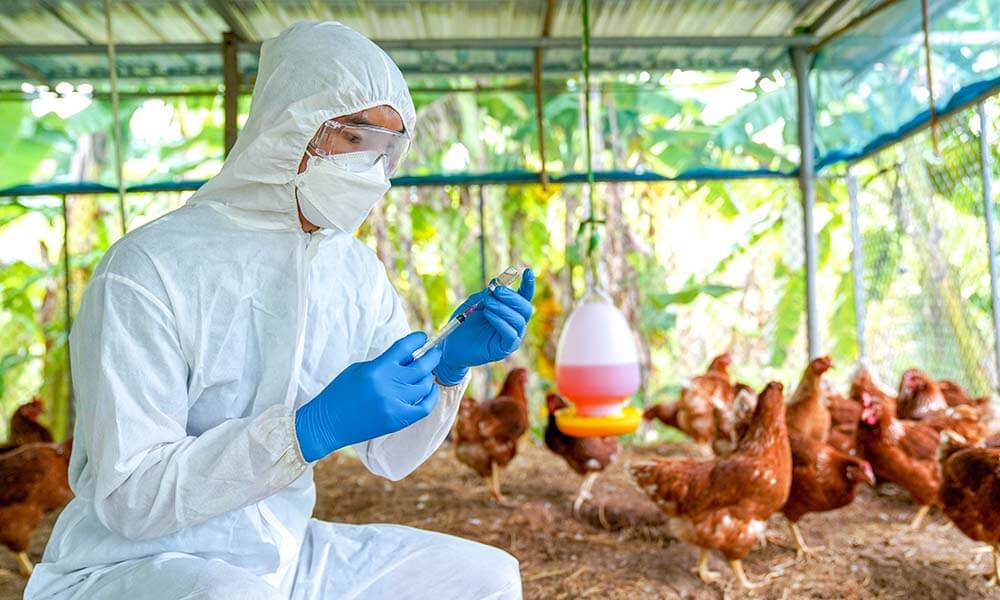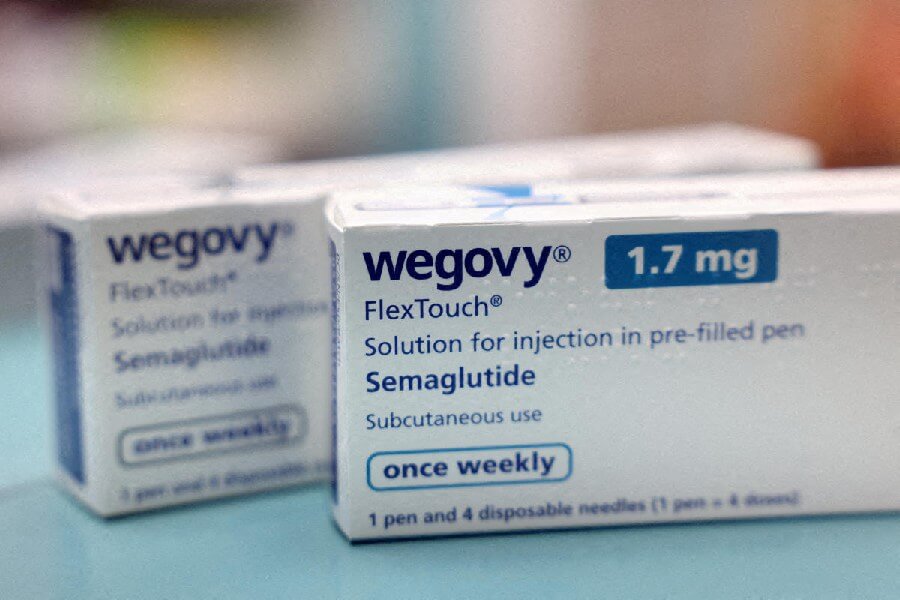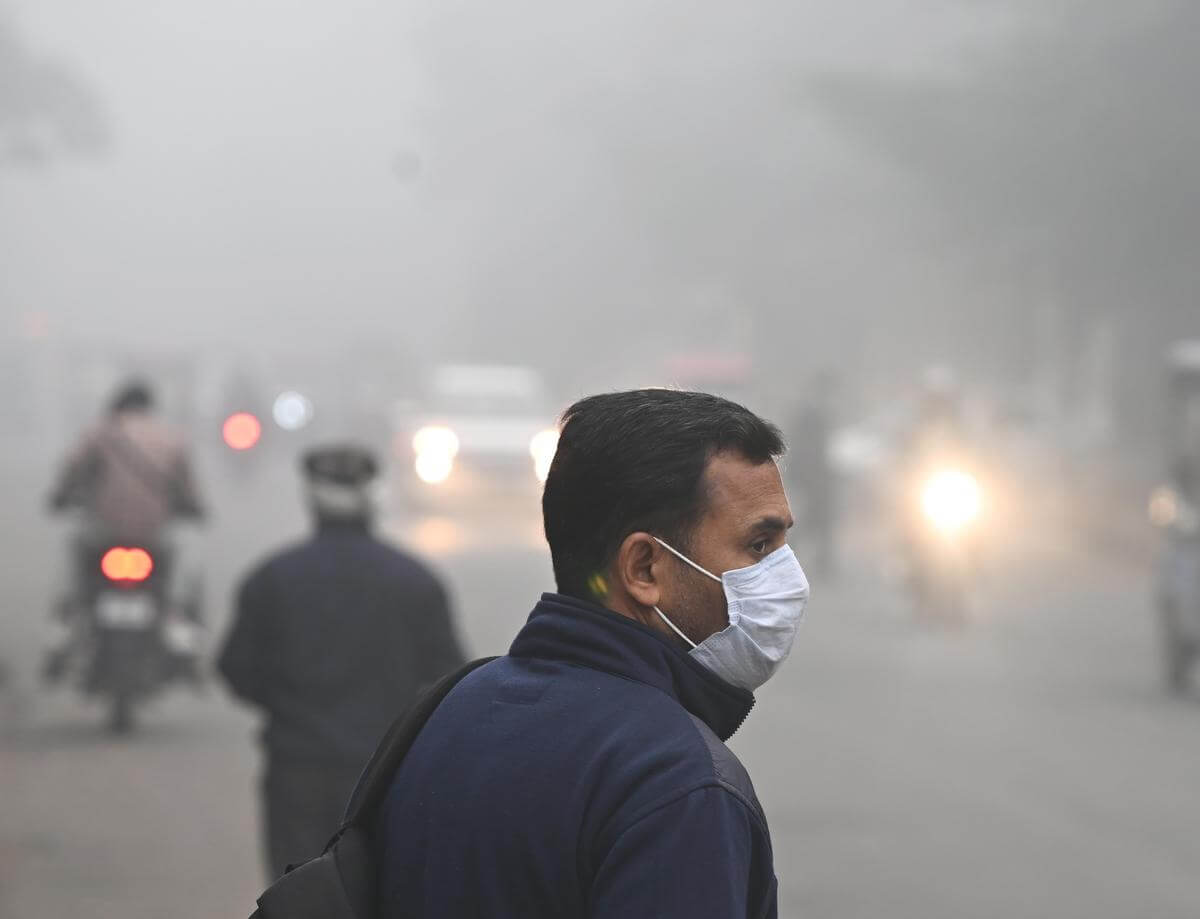91 cases of norovirus reported in US, full details
Thu 02 Jan 2025, 00:39:24

Norovirus cases have been reported in several parts of the United States, says the Centers for Disease Control and Prevention (CDC). According to the CDC, 91 cases of norovirus were reported in the first week of December. The report also says that this is the highest number of cases reported in recent years. While norovirus cases are reported throughout the year, most of the disease becomes common from November to April.
What is Norovirus Disease?
Norovirus is a disease that is highly contagious. It causes severe vomiting and diarrhoea. According to Cleveland Clinic, the first norovirus outbreak occurred in Norwalk, Ohio in a school in 1968. This is the reason why the first strain of norovirus was known as Norwalk virus. Norovirus can cause gastroenteritis and the virus can spread through close contact with a person who has norovirus infection. According to Mayo Clinic, “Most people recover completely without treatment. However, for some people especially young children, older adults and people with other medical conditions like vomiting and diarrhoea can be severely dehydrating and require medical attention.
What are the symptoms of norovirus?
Some of the common symptoms of norovirus are diarrhoea, stomach pain and vomiting. These symptoms start to appear 2 to 48 hours after exposure and can last for about 1 to 3 days. Here are some symptoms of norovirus,
according to Mayo Clinic.
according to Mayo Clinic.
. Nausea
. Vomiting
. Stomach pain or cramps
. Watery or loose diarrhoea
. Feeling ill
. Low-grade fever
. Muscle pain
You can continue to shed the virus in your stool for several weeks after recovery. This shedding can last weeks to months.
What are the causes of norovirus?
A virus in the Caliciviridae family causes norovirus, says Cleveland Clinic. When the virus enters your body, it causes your stomach and intestines to swell or get inflamed. This is known as gastroenteritis which eventually causes the other symptoms of norovirus. You can get norovirus infection if you;
. Eat contaminated food
. Drink contaminated water
. Touch your hand to your mouth after your hand has been in contact with a contaminated surface or object
. Be in close contact with a person who has the infection.
What are the preventive measures for norovirus?
Some of the ways to prevent norovirus infection include:
. Washing your hands thoroughly with soap and water
. Avoiding contaminated food and water
. Washing fruits and vegetables
. Cooking seafood properly
. Disinfecting contaminated surfaces.
No Comments For This Post, Be first to write a Comment.
Most viewed from Health
AIMIM News
Latest Urdu News
Most Viewed
May 26, 2020
Can Lionel Messi's visit boost Indian football?
Latest Videos View All
Like Us
Home
About Us
Advertise With Us
All Polls
Epaper Archives
Privacy Policy
Contact Us
Download Etemaad App
© 2025 Etemaad Daily News, All Rights Reserved.

























.jpg)
.jpg)
.jpg)


